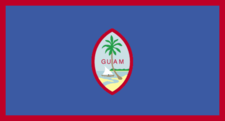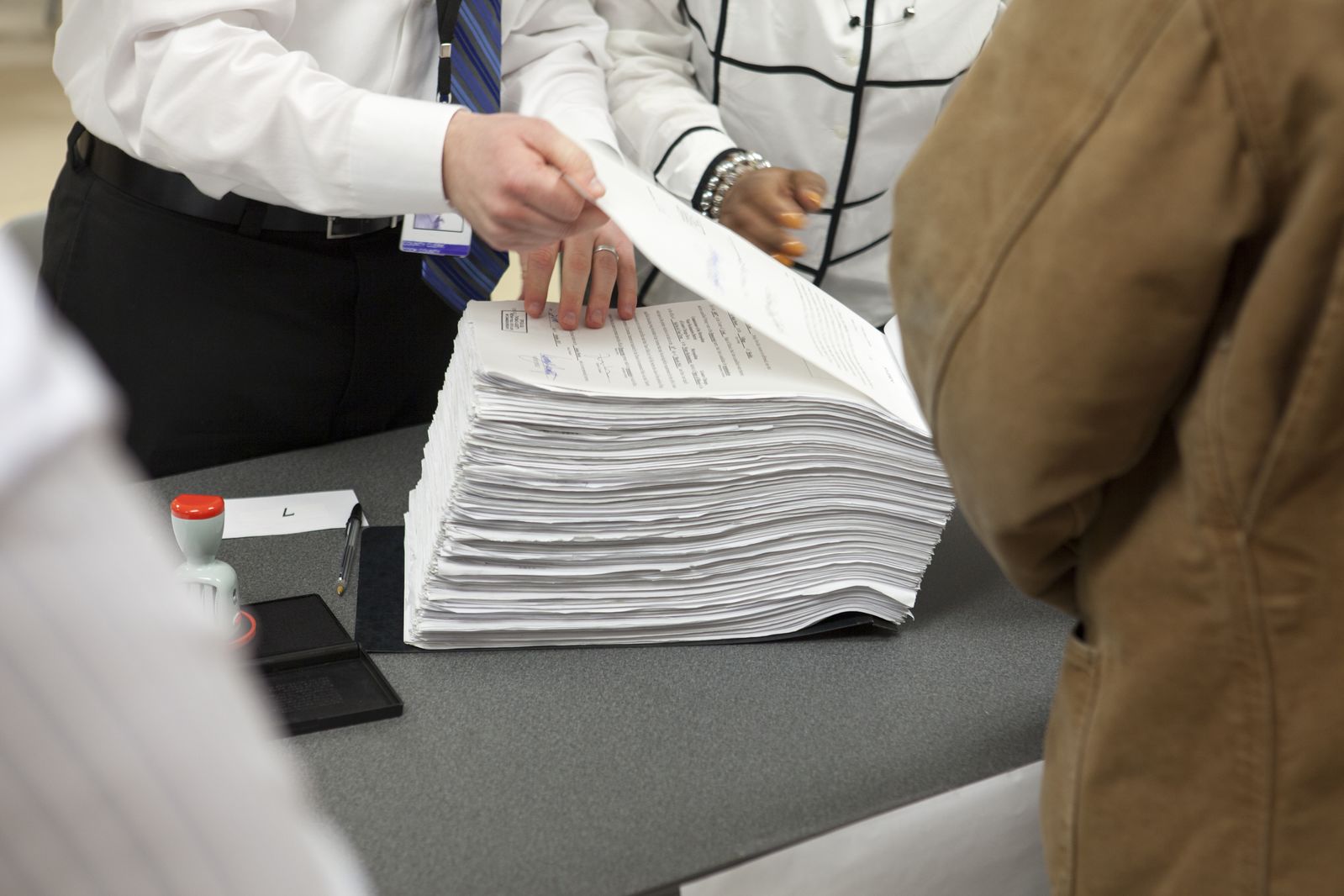Tag: Guam
-
Guam governor cancels primary due to COVID-19

Guam Governor Lou Leon Guerrero (D) signed a bill on August 28 to cancel the primary taking place on August 29 amid concerns about the coronavirus pandemic. Bill 391 was passed in the Guam Legislature by a 12-3 vote on August 27. The Guam Election Commission said that it wasn’t confident it could conduct a…
-
Congressional filing period ends in Guam

On June 30, the filing deadline passed to run for U.S. Congress in Guam. The U.S. territory of Guam is represented in Congress by one at-large, non-voting member who is elected every two years. Guam’s current delegate is Michael F.Q. San Nicolas (D), who was first elected in 2018. Rep. San Nicolas and two challengers…

